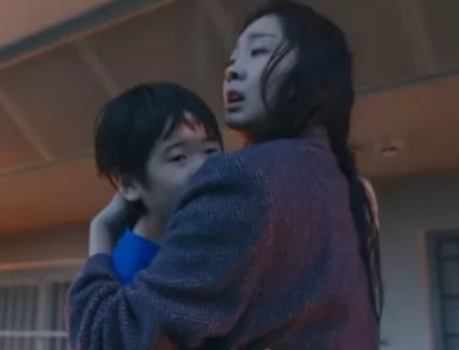Join the Discussion
Latest News
Most Popular

Ahn Bo Hyun Marks 10th Anniversary With Heartfelt Confession: 'I Never Imagined This'

Kim Seon-ho Shrugs Off Tax Evasion Controversy as 'Secret Passage' Sells Out—Again

Did You See That? Jung Eun Chae's Subtle Comment on Kim Chung Jae's Post Sparks Buzz

Hwang Jung-eum Criticized After Sharing Free Toy Giveaway Amid Past Controversy

Gong Hyo Jin and Kim Go Eun Melt Hearts With Adorable SNS Photo






